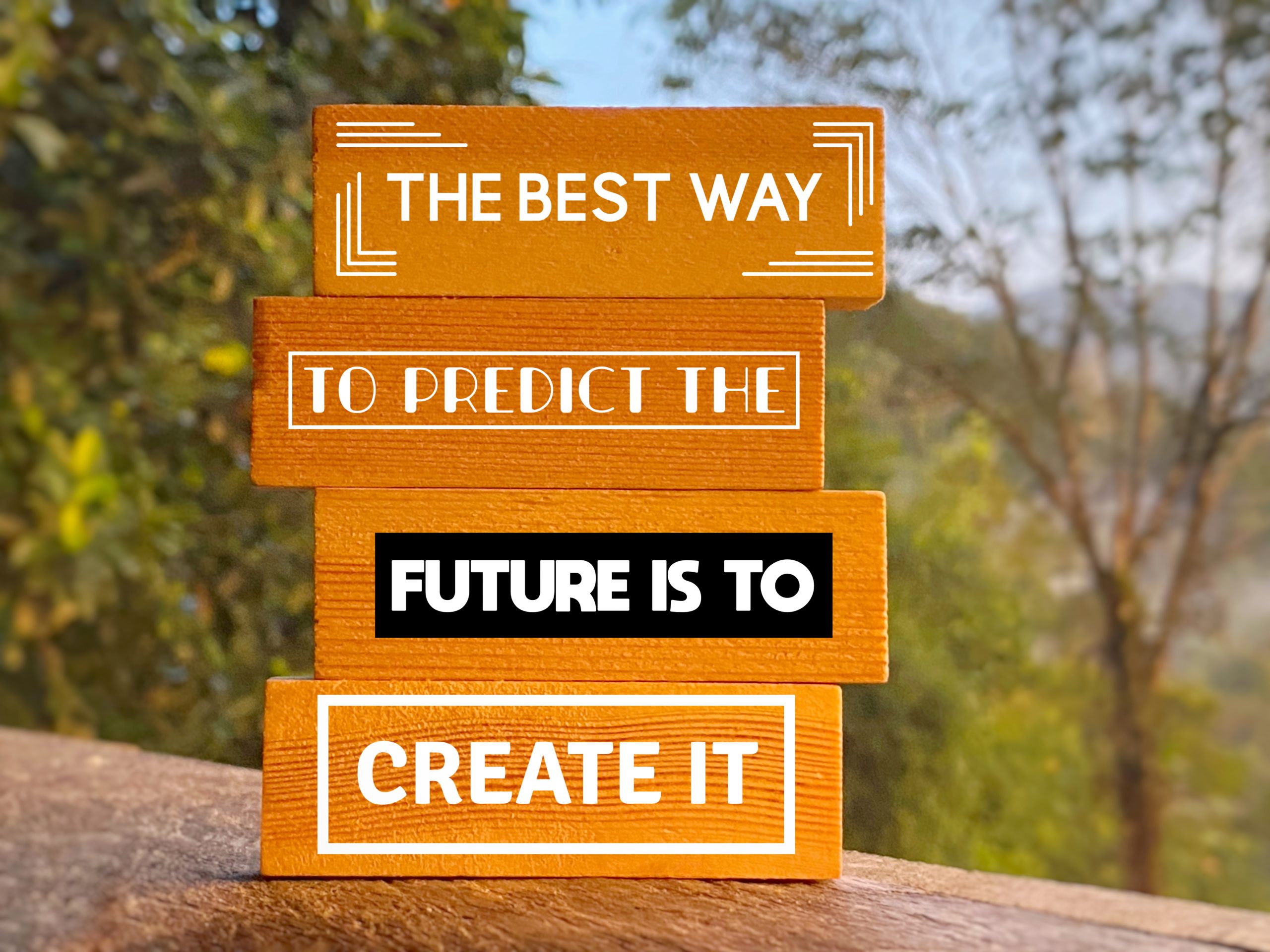Imagine your way past procrastination

When I started working with George*, she wasn’t in a good place. A senior consultant, she’d had a tough year and was feeling stressed and low in confidence.
George knew she needed to make changes, but didn’t know what or how. It didn’t help that on top of working long hours, she and her other half were renovating their house. She didn’t feel she had the space – literally – to switch off.
It was clear that George was holding alot of tension in her body so we began by helping her to breathe better with a view to practising daily. I also invited her to experiment with short periods of doing nothing.
However, when she came to our next session, she’d found it hard to engage with the exercises. They seemed to be adding to her sense of pressure rather than alleviating it.
Find your motivation
I changed tack and asked what was something she really wanted to do. She said that she’d loved swimming when she was younger. As a bonus, she found that it cleared her head and, interestingly, she had no problem breathing whilst swimming.
Yet when we talked about making it happen, she came up with everything that would make it impossible. Which pool should she choose? When could she fit it in around work and house renovations? What if there were too many people?
Predicting not reacting
As I’ve been researching my next book, a key learning has been that the brain isn’t reacting to experiences – it’s predicting them. The predictions are based on our past experiences and, importantly, these experiences don’t have to be real.
Apparently, we spend at least half our time “simulating” what has happened or will happen instead of being present and these simulations strongly drive our feelings.
If we’re worrying, just like George was worrying about the bad things that might happen if she went swimming, we’re just creating more negative experiences for our brain to compare its predictions against. This in turn makes it less likely we’re going to get past procrastination and into action.
Yet as the sports world has known for some time, simulating how you want an experience to be – not just visualising it – helps your body-brain prepare itself to repeat that positive experience in real life.
Imagine your desired future
So George and I got to work. First of all, I gave her 10 seconds to decide which pool she was going to go to – the decision was surprisingly easy. Then I asked her to walk me through the best case scenario of what could happen if she went swimming, from arriving at the pool to getting into the water to how she’d feel when she got out.
The key shift for George was when she talked about how she’d feel when she was swimming. Her face lit up as she described the feel of the water, being in the flow, not thinking about anything else except the next stroke. When I checked in with her to see how committed she was to going swimming, she claimed 10 out of 10!
Of course, it’s not enough to have positive intentions. We have to be really specific about the what and when to maximise the chance of us taking action so the next step was to nail all the details including what time she’d set the alarm.
It went swimmingly (sorry, I couldn’t resist)
I was delighted to hear the following week that George had not only gone swimming and really enjoyed it, but her husband had gone with her and they planned to make it a weekly thing on a Saturday morning.
It will be interesting to track how the physical and psychological benefits have a halo effect on George’s broader experience.
What’s the best that can happen?
We often talk about considering what’s the worst that can happen to help us take action in the face of something that worries us.
However, given what I’m learning from the latest neuroscience, I’m wondering if it’s better to ask – and to imagine – what’s the best that can happen? And to remember that, as author Lisa Feldman-Barrett puts it, we are each “the architect of our experience”.
*George is a fictional consultant based on real-life clients
Alison Reid is an experienced executive coach who helps senior managers and directors lead with confidence and step-change their influence and impact. She works with them 1-1, empowering them to focus on what matters, communicate with impact and stay calm under pressure so they can lead themselves and others to great results. She's the author of Unleash Your Leadership : How to Worry Less and Achieve More. Download an extract or buy the book.
Sign up to her mailing list to receive blogs like these direct to your inbox.
